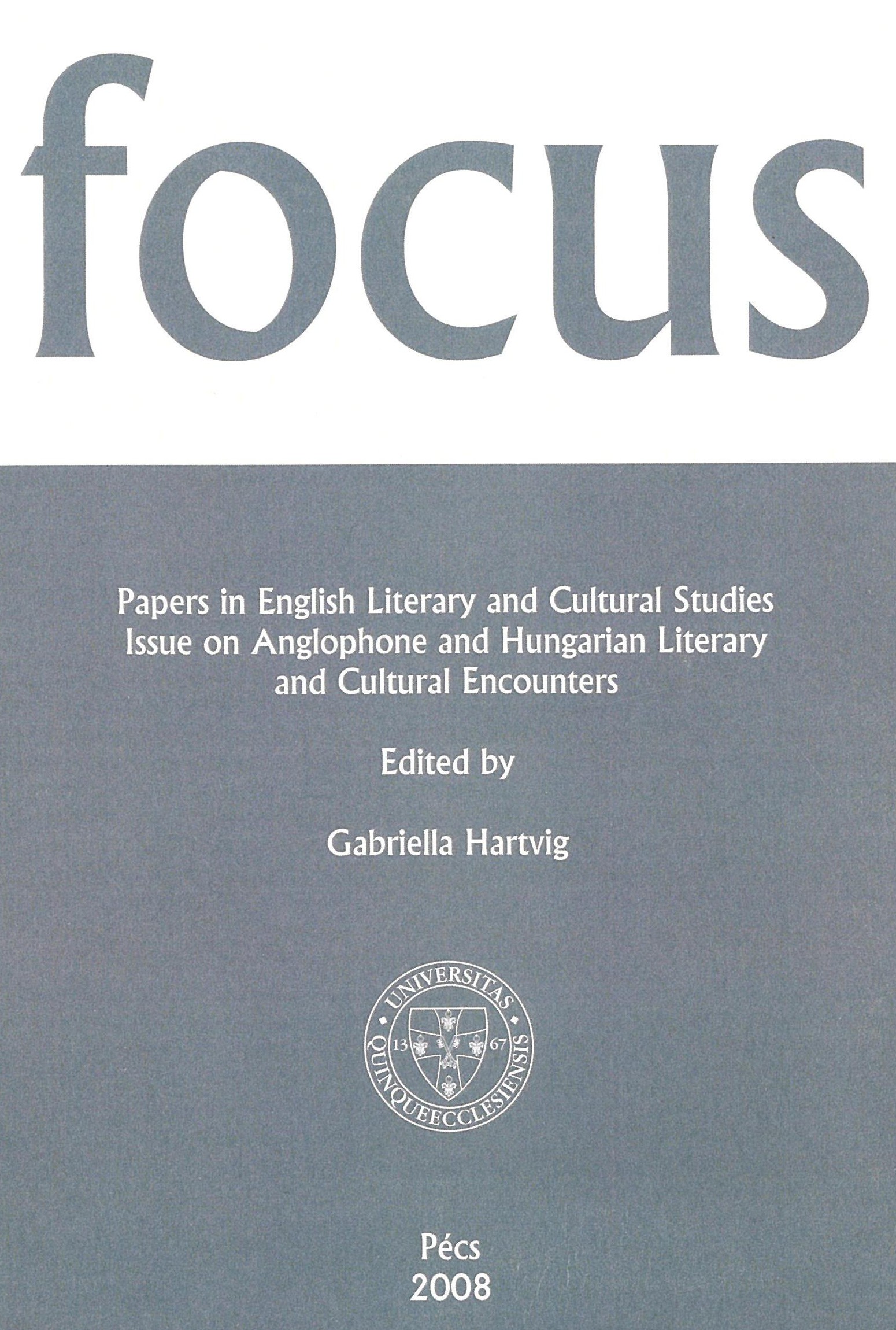Centenary from a Specific Angle: Reflections on Modern Irish Literature and the Irish Spirit in the Hungarian Literary Journal Nyugat (1908-1941)
Abstract
Early in the twentieth century Hungarian interest in English literature was part of a more general aspiration of intellectuals to absorb and draw inspiration from the culture of Western Europe, especially from English and continental Modernism. In January 1908 critics and editors Miksa Fenyő, Ernő Osvát, and Hugó Ignotus launched the semi-monthly literary periodical Nyugat, the centenary of which we now celebrate. The journal became a leading forum of literary Modernism in pre- and interwar Hungary, its name, “The West,” signalling the commitment of its editors and authors to join the aesthetic and intellectual ferment of Western Europe. The editors intended to overcome the belatedness and peripheral position of Hungarian literary culture in respect to European modernity. From the outset, the majority of the authors publishing in the journal were inspired by such tum-of-the-century European literary trends and movements like symbolism, aestheticism, and impressionism. Among the Hungarian literary journals of the time Nyugat represented the liberal, cosmopolitan orientation along with a restrained, balanced nationalism.
Downloads
Published
How to Cite
Issue
Section
License

This work is licensed under a Creative Commons Attribution-NonCommercial-NoDerivatives 4.0 International License.
FOCUS: Papers in English Literary and Cultural Studies follows the principles laid down by Creative Commons, which provides guarantees for the Author’s copyright while also ensuring that intellectual properties are made available for the wider public in a digital form. All papers submitted to the journal apply the following licence conditions (indicated on the journal’s website as well as in individual publications):
“© This work is licensed under a Creative Commons Attribution-NonCommercial-NoDerivatives 4.0 International License.”
You are free to:
- Share, copy and redistribute the material included in the journal in any medium or format under the following terms:
- Attribution — You must give appropriate credit to the Author, and indicate the original place of publication [FOCUS: Papers in English Literary and Cultural Studies, Issue nr., page numbers.].
- NonCommercial — You may not use the material for commercial purposes.
- NoDerivatives — You are not allowed to remix, transform, or build upon the material.
- The above conditions must always be indicated if the journal material is distributed in any form.
- The above conditions must always be met, unless a written permission signed by the Author and the Editor-in-Chief states otherwise.

